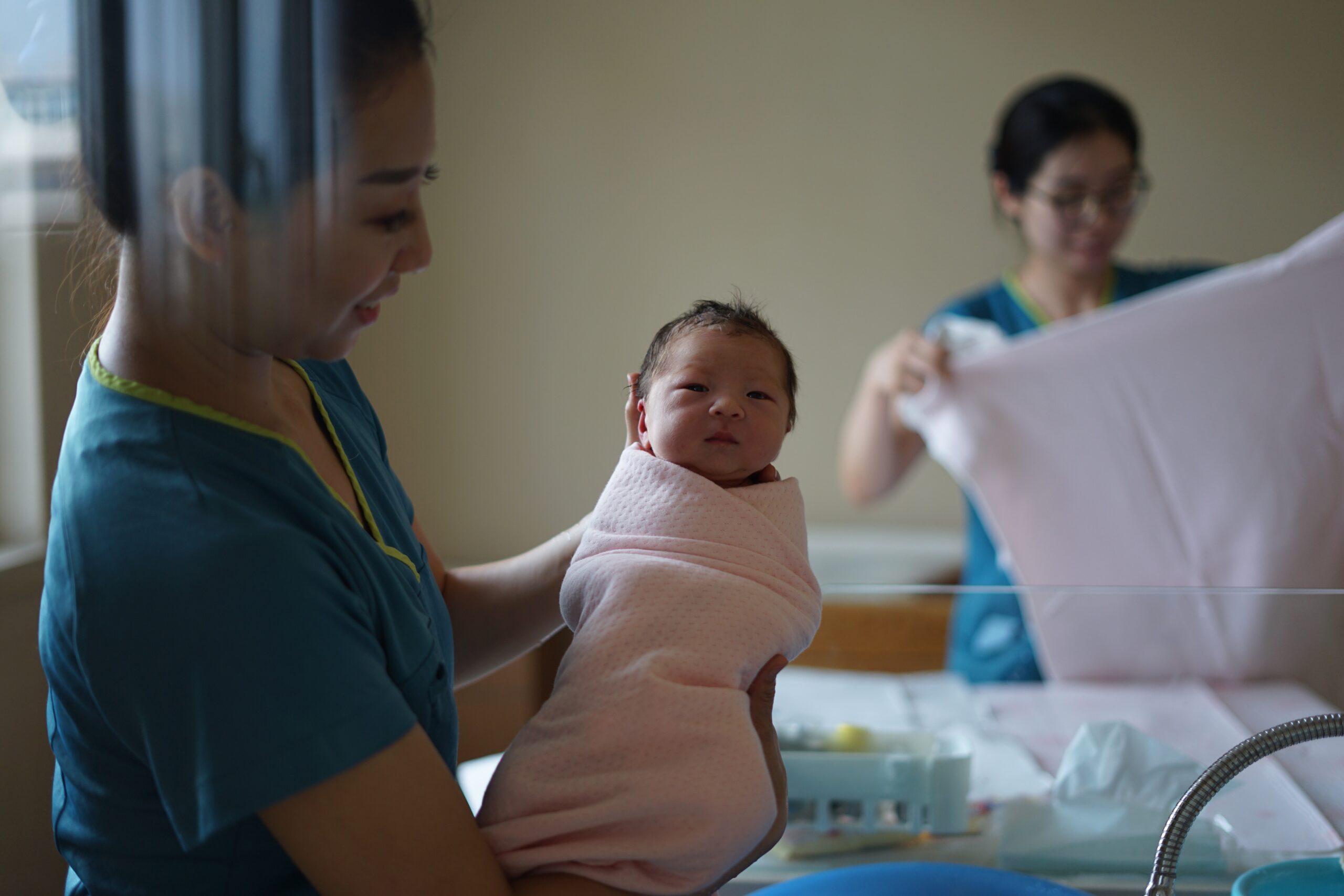Executive Summary
This case study delves into the comprehensive tax preparation process for a self-employed nurse residing and working in the suburbs of New York City. This self employed nurse is also an independent home health consultant. In this tax preparation process, we set out to make sure we turned over every stone to get the best tax outcome result possible. The results of this case study highlight the effectiveness of meticulous tax planning in transforming their financial outlook and paving the way for substantial tax savings.
Background
- The nurse who also works as an independent home health consultant lived and worked in the suburbs of NYC in Westchester County.
- They are divorced.
- They claimed one dependent child and file head of household.
- They rented their home and did not own it.
- In 2022, they earned $54,000 working as an independent contractor in nursing.
- They had $44k worth of business-related expenses for their independent contractor work as a nurse.
- They owned an S Corp which provides home health advice to individuals and had $19k in total revenue for 2022.
- They had $15k of business-related expenses for the business. There were no other owners or employees.
- They do not live or work in Yonkers NY which has their own local income tax.
- They did not have any W2 income.
- They did not make any charitable donations to any organizations.
- They had dividend income from a traditional brokerage account.
- They did not have a cryptocurrency account.
- They had investment losses in a traditional brokerage account and reflected them on Schedule D of their federal tax return.
- They did not have any interest, gambling, social security, rental property or unemployment income.
Results
- They received a federal tax refund of just over $2k and had it directly deposited into their checking account.
- They received a NYS tax refund of a little over $1k
- Because they were self-employed, they had a self-employment tax of a little over $1k. We attached Schedule SE to the return.
- They qualified for and received the federal additional child tax credit.
- They qualified for and received almost $3k for the federal earned income tax credit for them and their child
- They qualified for and received the NYS Empire State child credit of almost $300.
- They qualified for and receive the NYS earned income tax credit of almost $900.
- Their dependent child was cared for by family after school so they did not have any dependent care deductions for 2022.
- Because they didn’t own the home, it was more beneficial to take the standard deduction then the itemized deduction.
- Because they were self-employed and made money, they were able to take a deductible part of self-employment tax. We attached Schedule SE to the tax return.
Challenges & Solutions
When we first sat down and went over the initial business-related expenses, the nurse had not accounted for and added up all of the business-related expenses they were entitled to. As a result, we spent more time going through various aspects of the business in an effort to uncover unrealized business-related expenses.
Solution #1
In going through the nurse’s bank accounts, credit cards, business expense categories on the schedule C form, we were able to uncover tens of thousands of dollars’ worth of legitimate business-related expenses they had not considered. Had we not gone through that process they would have owed much more in federal and state taxes.
Going forward they have a better understanding of what they need to track as it relates to business related expenses and how to add it up at the end of the year.
Solution #2
Along with accounting for business related expenses, the nurse recognized that having an in-depth conversation around tax preparation instead of rushing through the process helped to uncover tax benefits that they were unaware of. Going forward they’ll dedicate the time during tax season to have a robust prep experience instead of rushing through it.
Conclusion
Preparing this nurse’s taxes for 2022 required a thorough review of their self-employment income and expenses. By taking the time to comb through their records, we were able to identify substantial business deductions that had initially been overlooked. This resulted in significant tax savings at both the federal and state levels.
Going forward, the key takeaways for this client are to maintain detailed records of business expenses throughout the year, and to set aside ample time to meet during tax season to have an in-depth preparation discussion. Rushing through tax prep can mean lost opportunities for deductions and credits. With proper documentation and planning, this client can continue maximizing tax benefits related to their self-employment income. They now have a good understanding of allowable business expenses and the tax incentives available to them as an independent contractor and small business owner. With this knowledge, they are well positioned to make sound financial decisions as they continue growing their nursing consultation practice while taking advantage of all available tax relief.



[…] Tax Consequences Of The Sale Of A Primary Residence […]